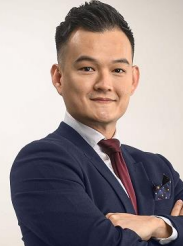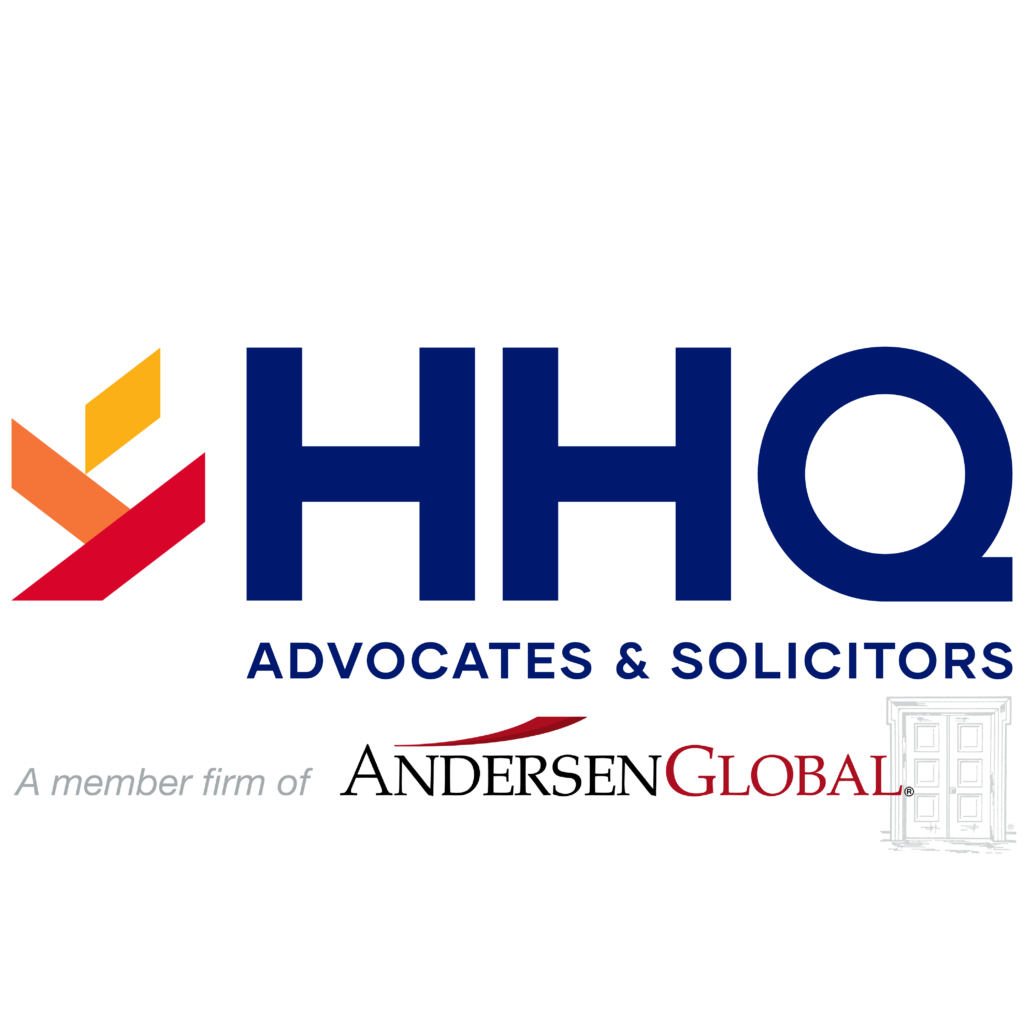

Since 2010, the Global Law Experts annual awards have been celebrating excellence, innovation and performance across the legal communities from around the world.
posted 3 months ago
Non-delegable duty of care
1. The claim in this case is based on the tort of negligence. The law of tort is based on a fault-based system where it imposes liability on the wrongdoer, also known as the tortfeasor. Ordinarily, the law does not hold one accountable for the actions or inactions of another.
2. Conversely, a non-delegable duty of care is where the usual principle is displaced under certain circumstances. While a party can generally assign its responsibilities to an independent third-party contractor, the principle of non-delegable duty of care arises in situations where such duty cannot be delegated away, even if the duty is performed by an independent contractor.
Brief facts
3. The Appellant patient underwent a series of medical procedures including tonsillectomy, palatal stiffening and endoscopic sinus surgery at the Subang Jaya Medical Centre (‘SJMC’) on 10.3.2010. At about 3.30 a.m. on 22.3.2010, the Appellant experienced bleeding at the operation site and was brought to the emergency department of Columbia Asia Hospital (Puchong), the Respondent.
4. He was attended to by a medical officer and later by a Consultant Ear, Nose, and Throat surgeon (“Dr. M”), and a Consultant Aaesthetist (“Dr. N”).
5. Complications arose before the surgery began. In the airlock area outside the operating theatre, the Appellant started vomiting copious amount of blood and there was profuse bleeding leading to the Appellant’s collapse and the subsequent emergency resuscitation.
6. The intended surgery was performed. Unfortunately, the Appellant suffered hypoxic brain damage. After surgery, the Appellant was admitted to the intensive care unit of the Respondent for continued post-surgical care and management, and was later transferred out to SJMC on 28.3.2010.
7. The Appellant is now permanently mentally and physically disabled due to massive cerebral hypoxia. Through his wife, the Appellant initiated a suit against Dr. M, Dr. N and the Respondent hospital at the High Court for negligence and breach of duties under the Private Healthcare Facilities and Services Act 1998 (‘Act’).
8. The Appellant alleged that the Respondent is vicariously liable for the negligence of Dr. M and Dr. N, and is also directly liable for breach of its non-delegable duty of care.
9. In response, the Respondent asserted that its responsibility was merely to ensure the provision of facilities and medical equipment, including nursing staff. The 2 medical practitioners carried out their respective medical practice at the Respondent hospital as independent contractors under contracts for services. As such, all diagnosis, medical advice including material risks and known complications, medical treatments, operations and referrals are the doctors’ own responsibilities.
High Court and Court of Appeal
10. Both the High Court and Court of Appeal found that only Dr. N was liable for negligence due to her conduct falling below the standard of skill and care expected from an ordinary competent doctor professing the relevant specialist skills based on which she was entrusted to treat the Appellant.
11. On the issue of vicarious liability and direct non-delegable duty of care, the court found that Dr. M and Dr. N were carrying out their practice at all material times in the hospital not as employees, servants or agents of the Respondent but as independent contractors. Hence, the Respondent is not liable for the negligence of Dr. N.
12. The High Court awarded damages of approximately RM1.9 million to the Appellant. The Court of Appeal later increased the damages to approximately RM2.1million to the Appellant.
13. Both the Appellant and Dr. N appealed. The Court of Appeal dismissed the appeal against the Respondent hospital. Dr. N’s appeal was also dismissed.
Analysis and findings of the Federal Court
14. The appeal filed by the Appellant at the Federal Court is only in respect of the Respondent only.
15. A total of 7 questions were posed to the court and as summarised by the majority of the Federal Court Judges, the focus of the appeal was whether the hospital owes an independent duty of care which is non-delegable, regardless of whom it may have delegated that duty to, irrespective of who may have performed the act or omission complained of, whether under a contract for service or due to the patient’s own choice.
16. It was emphasised by the court that the principle of non-delegable duty of care becomes relevant only if presence of negligence is shown in the first place. Here, the High Court and the Court of Appeal had held Dr. N to be negligent.
17. In affirming that the principle of non-delegable duty of care applies to the present appeal, the Federal Court adopted and refined the five features laid down by Lord Sumption in the English case of Woodland v Swimming Teachers Association & Others [2014] AC 537. The court held:-
a. Firstly, the Appellant is in a vulnerable position and is totally reliant on the Respondent for its care and treatment, more so when the Appellant was admitted to its emergency services.
b. Secondly, the existence of an antecedent relationship is affirmed by the assumption of positive duties by the Respondent in ensuring that reasonable care is taken to persons who knock on its door and seek treatment and care.
c. Fourthly, the Appellant had no control over how the Respondent was to perform its function rendering emergency care and treatment.
d. Fifthly, Dr. N was undeniably negligent in the performance of the very function of rendering proper emergency care and treatment of the Appellant that was assumed by the Respondent but which was delegated by the Respondent to her.
18. In short, the Federal Court held that private hospitals cannot put the blame on its doctors in the name of contracts. They have a duty of care which cannot be delegated. The Federal Court allowed the Appellant’s appeal against the Respondent, and increased the damages to RM4.5million.
Conclusion
The Federal Court ruling would have an impact on the private hospitals and doctors in Malaysia in the following ways:-
a. The indemnity clause within consultant agreements between private hospitals and their doctors may now seem to be redundant.
b. Private hospitals would now be the ultimate paymaster for their consultants’ negligence.
c. It is essential for private hospitals to reassess their insurance coverage and implement systems and procedures to prevent medical errors.
This article is intended to be informative and not intended to be nor should be relied upon as a substitute for legal or any other professional advice.
About the Authors
Chan Jia Ying
Senior Associate
Dispute Resolution
Harold & Lam Partnership
[email protected]
Damia Amani
Legal Executive
Dispute Resolution
Harold & Lam Partnership
[email protected]
Author


There are no results matching your search.
Resetposted 2 hours ago
posted 14 hours ago
posted 14 hours ago
posted 3 days ago
posted 4 days ago
posted 4 days ago
posted 4 days ago
There are no results matching your search.
ResetSign up for the latest advisory briefings and news within Global Advisory Experts’ community, as well as a whole host of features, editorial and conference updates direct to your email inbox.
Naturally you can unsubscribe at any time.
Global Advisory Experts is dedicated to providing exceptional advisory services to clients around the world. With a vast network of highly skilled and experienced advisers, we are committed to delivering innovative and tailored solutions to meet the diverse needs of our clients in various jurisdictions.